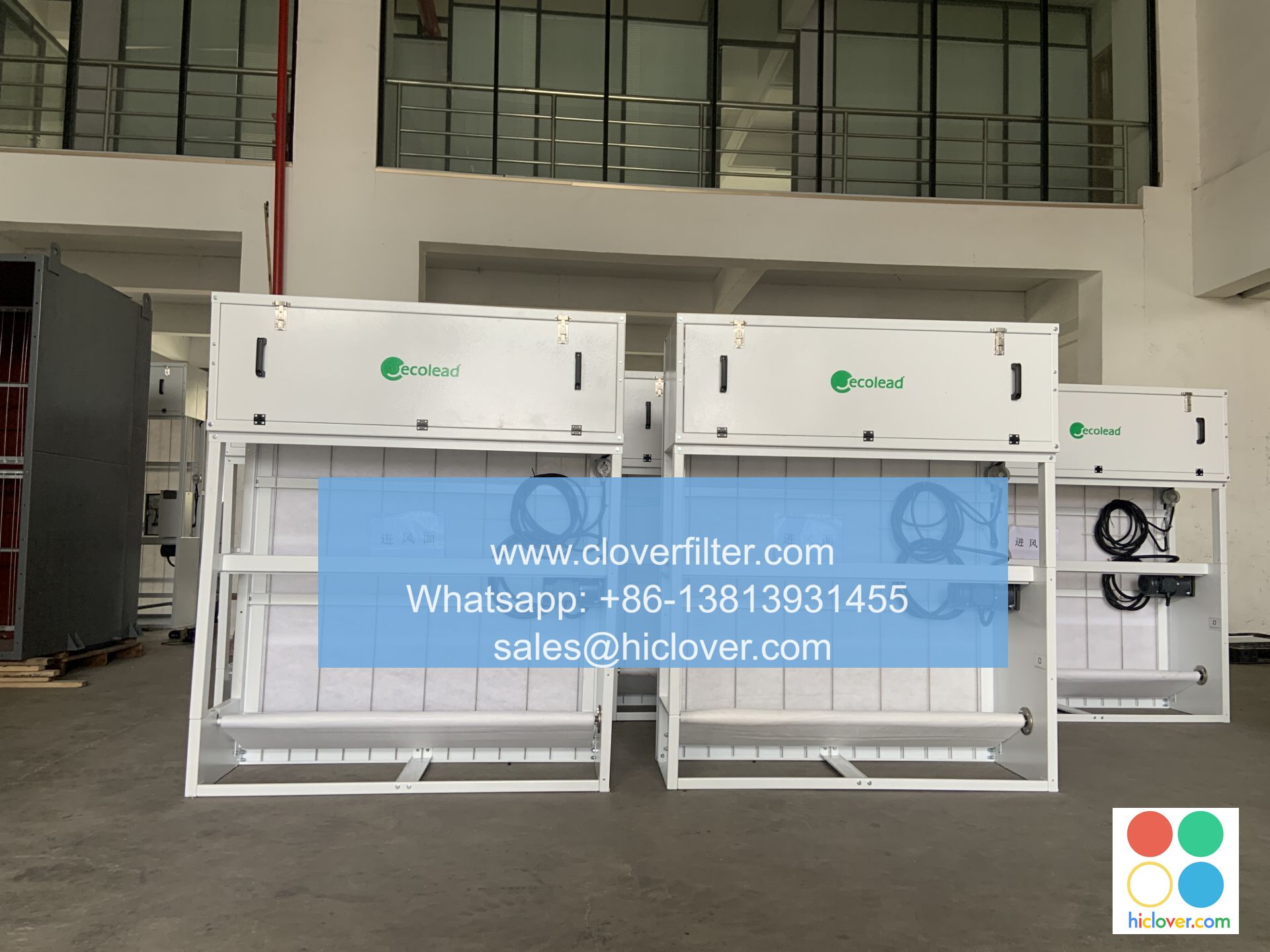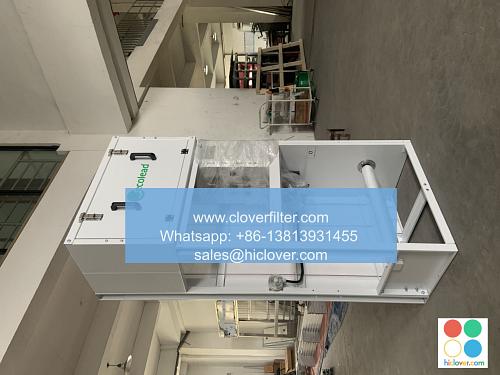Overview of Air Filtration Systems for BSL-3 Labs at UF

Air filtration systems are a critical component of Biosafety Level 3 (BSL-3) laboratories, such as those found at the University of Florida (UF). These systems play a vital role in maintaining a safe and healthy environment for researchers, preventing the spread of airborne pathogens, and protecting the surrounding community. In this article, we will provide an overview of air filtration systems for BSL-3 labs at UF, highlighting various application areas and key considerations.
Introduction to BSL-3 Labs
BSL-3 labs are designed to work with agents that may cause serious or potentially lethal disease, but for which treatments or preventative measures are available. These labs require specialized air filtration systems to prevent the release of airborne pathogens into the environment. The air filtration systems used in BSL-3 labs at UF are designed to provide a high level of protection, using advanced technologies such as High Efficiency Particulate Air (HEPA) filtration and Ultra Low Penetration Air (ULPA) filtration.
Types of Air Filtration Systems
There are several types of air filtration systems used in BSL-3 labs at UF, including:
* HEPA filtration systems: These systems use HEPA filters to capture 99.97% of particles as small as 0.3 microns, including bacteria, viruses, and other airborne pathogens.
* ULPA filtration systems: These systems use ULPA filters to capture 99.999% of particles as small as 0.12 microns, providing an even higher level of protection than HEPA filtration.
* Biological safety cabinets (BSCs): These are specialized enclosures that use HEPA filtration to provide a safe working environment for researchers handling airborne pathogens.
* Fume hoods: These are ventilation systems that use HEPA filtration to capture and remove airborne contaminants, including chemicals and biological agents.
Application Areas
Air filtration systems are used in a variety of application areas in BSL-3 labs at UF, including:
* Virology research: Air filtration systems are used to prevent the spread of airborne viruses, such as influenza and coronavirus.
* Bacteriology research: Air filtration systems are used to prevent the spread of airborne bacteria, such as tuberculosis and anthrax.
* Biodefense research: Air filtration systems are used to prevent the spread of airborne biological agents, such as ricin and botulinum toxin.
* Medical research: Air filtration systems are used to prevent the spread of airborne pathogens in medical research settings, including hospitals and clinical trials.
Key Considerations
When designing and implementing air filtration systems for BSL-3 labs at UF, several key considerations must be taken into account, including:
* Airflow rates: The airflow rate of the air filtration system must be sufficient to capture and remove airborne pathogens.
* Filter efficiency: The filter efficiency of the air filtration system must be high enough to capture 99.97% of particles as small as 0.3 microns.
* System maintenance: The air filtration system must be regularly maintained to ensure optimal performance and prevent downtime.
* Regulatory compliance: The air filtration system must comply with relevant regulations, such as those set by the National Institutes of Health (NIH) and the Centers for Disease Control and Prevention (CDC).
Conclusion
In conclusion, air filtration systems play a critical role in maintaining a safe and healthy environment in BSL-3 labs at UF. By highlighting various application areas and key considerations, we hope to have provided a comprehensive overview of air filtration systems for BSL-3 labs. The use of advanced technologies, such as HEPA filtration and ULPA filtration, is essential for preventing the spread of airborne pathogens and protecting the surrounding community. As research in BSL-3 labs continues to evolve, the importance of effective air filtration systems will only continue to grow.

